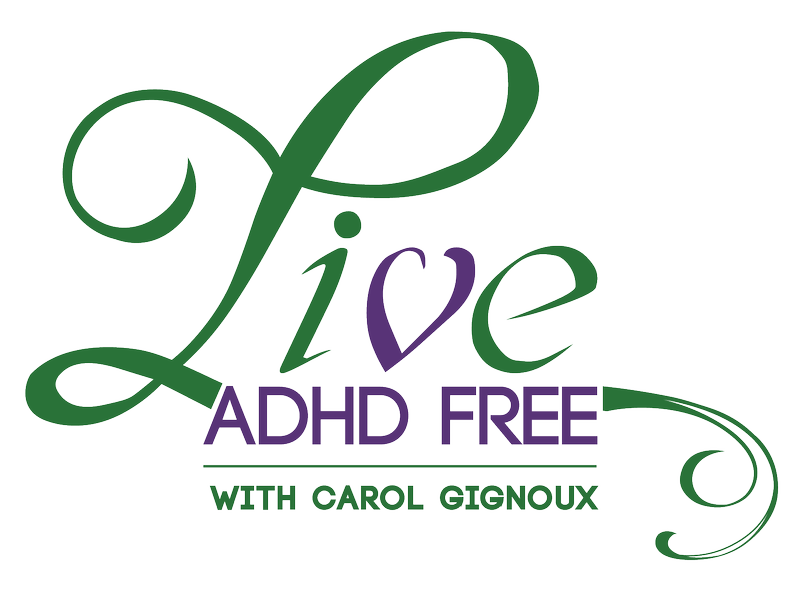At Live ADHD Free, we’ve never classified ADHD as just a behavioral condition. Now new research supports this even further, confirming that ADHD is a biological condition. Brain scans of 90 children, with and without ADHD, were studied. The brains of those with ADHD had biological differences. Those children had smaller brain volume in the frontal lab, which is the area that controls motor function, attention, and decision making. This study was recently featured on NBC Nightly News.
Why This Study Is Significant
What makes this a significant break through is one, the media actually got something right on the subject, and it makes the case for early intervention. The study doesn’t mean every child should go have a brain scan, but as soon as symptoms begin to show, parents should take their kids to get tested. Those symptoms would include a struggle to pay attention or stay still. It’s more than just kids acting as kids, those with ADHD have significant problems communicating and understanding. Symptoms can start as early as age three.
ADHD Brains are Innovator Brains
We’ve long believed that ADHD brains are different. That’s why we call them innovator brains, instead of telling someone they have a deficiency. Innovator brains have modern day superpowers of creativity and problem solving. These brains just work differently. Through the right kind of care plan, this can become an advantage, not a detriment.
Early Intervention and Care Leads to Relatively Normal Lives for ADHD Kids
But by testing earlier, intervention can also occur earlier. Think of as any other type of biological, physical ailment because ADHD is NOT just about behavior. One of the biggest misconceptions in the field is that somehow these people can control their behavior. In reality, they may not be born with the skills to do this naturally. With medication, therapy, and ADHD coaching, however, children can succeed and live a relatively normal life.
We’ve been working with ADHD children for decades and long knew that there were biological influences on the condition. Starting early allows children to grow up confident and learn the coping mechanisms and behaviors that then become habits.
If your child has recently been diagnosed with ADHD, or you are starting to see symptoms, it’s going to be okay. You are not alone in this journey. We’re here to help with ADHD coaching for children and families. Get in touch today to learn more.


Pingback: What to Know About the ADHD Brain | Live ADHD Free
Pingback: ADHD in Children on the Rise in the US | Live ADHD Free
Pingback: ADHD Facts: Get the Truth About ADHD | Live ADHD Free